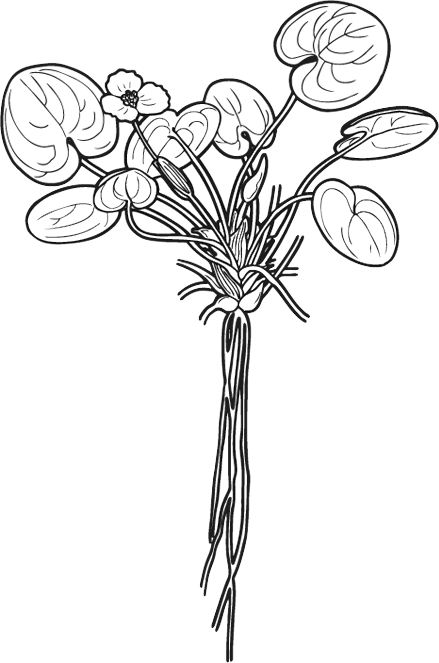
Mankind’s relationship with nature today is characterised by a lack of respect for the world around us, but it has not always been that way.
It was a serious error of judgment when humans first decided it was their right to subjugate and exploit the Earth as they wished. The natural world, and the cycles and processes which ensure the sustainability, stability and diversity of nature are in serious danger – which also threatens the very basis of human life on our planet.
This is where our project funding and support comes in. The HERING-Stiftung Natur and Mensch – the HERING Foundation for Nature and Humanity – aims to reduce or prevent the negative effects of human activities on nature and the environment-and, wherever possible, to mitigate or reverse the damage that has already been done. We also want to protect the rights of ethnic groups and indigenous peoples who live in harmony with nature, and to promote the preservation and dissemination of their knowledge. We take an interest in projects dedicated to the pursuit of these goals, and we are committed to doing all we can to promote what we consider to be sensible, reasonable and effective measures.
The HERING Foundation for Nature and Humanity was set up by Annette Hering in 2018. The Foundation is a co-partner in the HERING Group , a medium-sized construction and service company that has integrated environmental protection in its strategy for many decades. Since 1996, qualified civil and industrial engineer Annette Hering is the fourth generation of her family to tun the family company.
Besides the founder herself, the Foundation’s executive board consists of Lothar Reichert ‒ a qualified mechanical engineer with many years of experience in advising and actively supporting social projects in developing countries and disaster areas ‒and Tobias Hering, a film curator and journalist whose work focuses on political documentaries. If you would like to get in touch with us, your contact is Sabine Schön.
Purpose of the Foundation
The purpose of the HERING-Stiftung Natur and Mensch is to reduce or prevent the negative effects of human activities on nature and the environment and, wherever possible, to mitigate or reverse the damage that has already been done. The Foundation also aims to protect the rights of ethnic minorities and indigenous peoples, particularly when it comes to protecting their knowledge, natural environment and homelands. One of the Foundation’s core activities is to allocate funding to third-party organisations who are engaged in pursuing the same goals.
The rules governing the purpose of the Foundation are formulated as follows in Paragraph 3 of the Foundation Charter:
1.The purpose of the Foundation is to support and promote environmental protection, including climate protection, within the meaning of Para. 52 Section 2 Sentence 1 No. 8 AO (Abgabenordnung = German Tax Code). A further purpose of the Foundation is to promote international solidarity, tolerance in all cultural fields, and intercultural understanding within the meaning of Para. 52 Section 2 Sentence 1 No. 13 AO.
2.The Foundation especially fulfils its purpose when it undertakes steps to redress the ecological damage caused by humans during the Anthropocene era, for example by restoring or creating habitats. Other measures in the spirit of the Foundation’s purpose are the support and funding of economic forces that, for example, counteract the effects of climate change rather than disturbing the natural order. The Foundation’s second purpose is particularly dedicated to preserving ethnic diversity and promoting intercultural understanding. This purpose is fulfilled particularly when the Foundation supports steps which empower ethnic, religious and/or linguistically autochthonous minorities, nations and indigenous peoples – also in the interests of the sustainable use of natural resources – to safeguard their individual and collective rights and knowledge, and their ability to preserve or regain the natural basis of their existence. In addition, the Foundation fulfils both its purposes by deepening public knowledge and awareness of the interactions between humans and the environment, and promoting respect for natural diversity by journalistic, artistic or scientific means.
Topics
At the time of writing, the basis of our existence is threatened by a crisis affecting the entire earth system. There is a lot at stake: the climatic conditions under which human civilisation has developed, and the protection of the natural environment on which its existence depends.
Internationale and national environmental policy do not protect the environmental basis of human life. The global misuse and exploitation of land and ocean causes not only a loss of biodiversity, but also massive human migration of people who can no longer rely on their land or sea to guarantee their survival. In addition, more wars are being fought over natural resources, which leads to even more migration of refugees.
Earth system problems are not a side issue – they affect us, our existence and our world as a whole.
Human activities and processes change physical characteristics of our climate system, but misplaced political incentives and basically harmful subsidies, such as the Commuter Allowance (Pendlerpauschale) and Agricultural Diesel Subsidy (Agrardieselbeihilfe) etc. in Germany, or the work of economic criminals, such as the destruction of the Amazon rainforest, cause the irretrievable loss of eco-systems and species. This, in turn, has a direct effect on the natural environment of people who had previously coexisted sustainably and in harmony with nature. In numerous indigenous populations, in particular, there is comprehensive knowledge and awareness of how human beings depend on nature for their very existence.
There are many possible ways to counteract these negative developments, but they all have one common aim: the prevention and/or reduction of man-made effects on nature and the environment.
Activity areas
The two purposes of the Foundation set out in Paragraph 3.2 define activity areas which are especially worthy of support. Each activity area addresses a different target group:
- Redressing ecological damage/restoration or creation of habitats | The target group is nature and its advocates i.e. nature conservationists and conservation associations. For example, an activity in this area could be a project to create legal certainty for the environmental protection of species or geographical areas.
- Support and funding of economic forces that do not disturb the natural order/counteract the effects of climate change | The particular target group here includes companies that – sustainably and in the long term – fulfil the existential requirement to survive economically, yet whose processes, products and services demonstrably counteract the effects of climate change and/or do not disturb the natural order i.e. do not overexploit natural resources. Some key aspects here could be recycling within the production process or the upcycling of production waste to manufacture higher-grade products.
- Preserving ethnic diversity and promoting intercultural understanding | The target group are ethnic, religious and/or linguistically autochthonous minorities, nations and indigenous peoples and their advocates. In this context, the aim may be to preserve and disseminate an indigenous people’s knowledge of how to use natural resources sustainably, or supporting an endangered ethnic group’s existential rights.
- Deepening public knowledge and awareness of the interactions between humans and the environment using journalistic, artistic or scientific means | The target group consists of journalists, artists and scientists with a significant ability to raise the awareness of the general public, policymakers or other influential actors regarding interactions between humans and the environment and change this awareness in the sense of the purpose of the Foundation.
EXAMPLES OF IDEAS WORTHY OF SUPPORT (NOT AN EXHAUSTIVE LIST):
- Rescue packages for the preservation of biodiversity
- Removal of false incentives and counter-productive subsidies that destroy biological diversity rather than promoting it
- Reworking these incentives and subsidies to achieve a reversal of the destructive processes
- Minimising the loss rate of natural habitats, including woodland and marine environments
- Support of ethnic groups endeavouring to regain their traditional natural environments and livelihoods
- Reinforcement of nature as a legal entity with equal rights to humans in public and political debates
- Energy industry – massive reduction of CO2 emissions
- Environmental protection campaign: for example, protection of wetlands that capture carbon dioxide in their biomass, thus providing far better protection against climate change than any other ecosystem
- Proactive information of the general public about the real current state of the environment using key indicators (indicator-based comparison of ecological vs. economic ideology)
- Keyword circular economy or cradle to cradle: building still uses more than 30 % of our resources. Sustainable building – buildings are sustainable when all the resources used in their construction are completely reusable, recyclable or compostable. Materials are no longer simply used and then disposed of, but are available for a building for a certain period, having been taken from, and subsequently returned to, a technical or natural cycle. Support and funding are available for innovations that enable the realisation of such cycles
- Creation of a space for the collection, preservation and dissemination of indigenous knowledge
Status October 2022, Foundation Executive Board
Current projects
In future, current invitations for tenders and projects funded by the HERING-Stiftung Natur and Mensch will appear here. The Foundation’s activities are still in their initial phase.
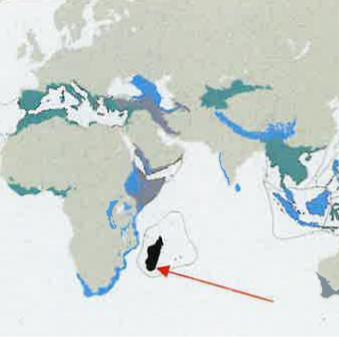
Cologne Zoological Garden AG
Restoring and safeguarding the function of the ecosystem in Madagascar’s mountain forest “Ambatotsirongorongo”
Madagascar is a biodiversity hotspot – 80% of its original forest area has already been destroyed.
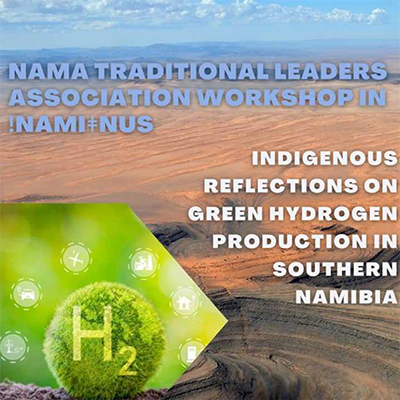
Gesellschaft für bedrohte Völker e.V. (GfbV)
Critical Reflection on legal, social and ecological aspects of green hydrogen on Indigenous Peoples
Society for Threatened Peoples (STP) – is an international human rights organisation that advocates for threatened ethnic and religious minorities, nationalities and indigenous communities...

Zeitlupe, Ahrensburg
Our seeds – We reap what we sow
“Die Zeitlupe” (“Slow Motion”) is a charity dedicated to the preservation of endangered cultural heritage and assets. Its main focus is on collections of images, words and landscapes.
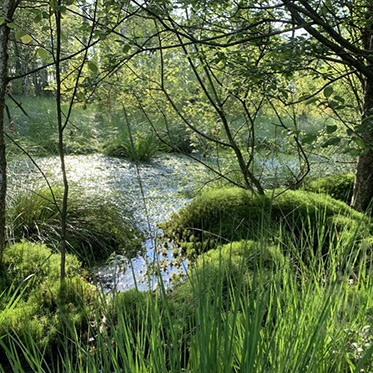
RiffReporter – die Genossenschaft für freien Journalismus e.G. / the Free Journalism Collective
Countdown Earth: How to resolve the climate and biodiversity crisis!
The name RiffReporter is synonymous with independent, high-quality journalism, fairness and strict adherence to facts – all of which are part of its journalistic code of conduct.
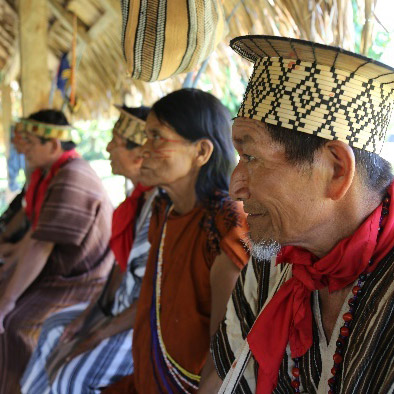
Gesellschaft für bedrohte Völker e.V. (GfbV)
Protection of indigenous territories on the border between Peru and Brazil
The Society for Threatened Peoples (STP) is an international human rights organisation that advocates for persecuted and threatened ethnic and religious minorities, nationalities and indigenous communities...
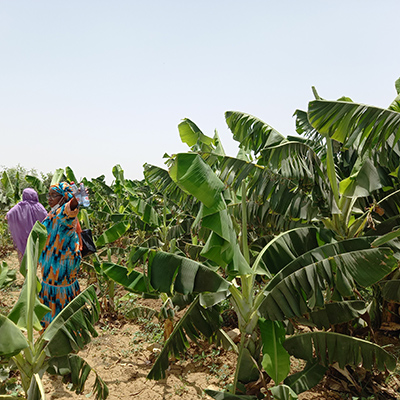
Deutsche Welthungerhilfe e.V
Creation of a vegetable garden for the Women’s Cooperative Tounka Ti Danbe Don
Welthungerhilfe is a private not-for-profit, non-political and non-denominational aid organisation. It advocates for secure food supplies, rural development and the conservation of natural resources...

R&E Ocean Community Conservation
The whale and dolphin community project of the gulf of Tribuga
R&E ocean community conservation is a charitable organisation based in Canada which has been engaged in marine conservation since its foundation by Ann Carole Vallejo in 2018 ...
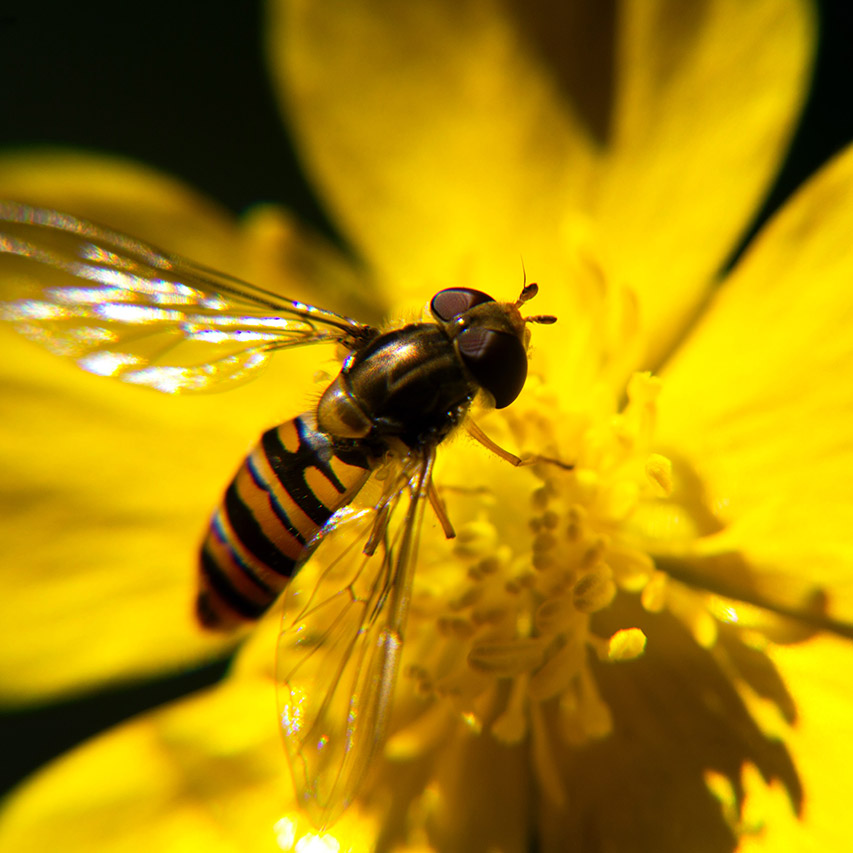
Biological Station Siegen-Wittgenstein
Burbach and its biodiverse neighbourhood
The Biological Station Siegen-Wittgenstein, one of 40 similar stations in North Rhine-Westphalia, was founded in 1990 by the “Verein zur Förderung der Zusammenarbeit zwischen Umweltschutz und Landwirtschaft im Kreis Siegen-Wittgenstein e. V.“...
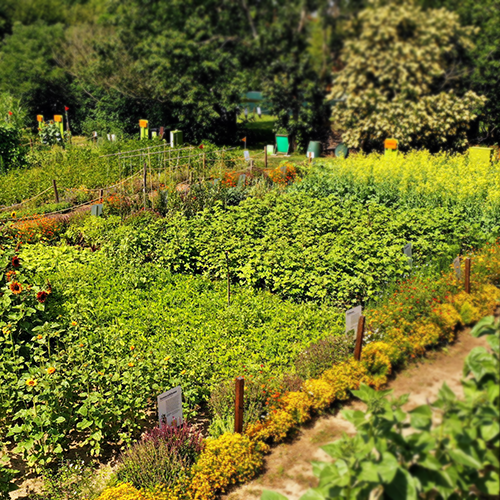
Zukunftsstiftung Landwirtschaft, Berlin
The Global Field profile – a look at the soil
We not only support and fund others, but are often active ourselves. In response to specific causes, or on the spur of the moment and our own initiative – we initiate campaigns, projects and events in support of organic farming and the sustainable development of agriculture.
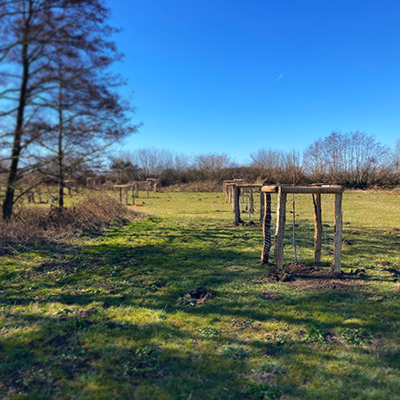
Zeitlupe, Ahrensburg
"We never want to stop planting” (Joseph Beuys)
Zeitlupe (“slow motion”) is a no-profit society dedicated to the preservation of threatened cultural heritage. It focuses mainly on collections of pictures, words and landscapes.

Biologische Station Siegen-Wittgenstein
Naturwinkel Hickengrund
The Biological Station Siegen-Wittgenstein, one of 40 similar stations in North Rhine-Westphalia, was founded in 1990 by the “Verein zur Förderung der Zusammenarbeit zwischen Umweltschutz and Landwirtschaft im Kreis Siegen-Wittgenstein e. V.“ ...
Funding
One of the core instruments used by the HERING-Stiftung Natur and Mensch to implement the purpose of the Foundation is the financial support of third-party projects. The funding application procedure consists of three stages: project idea, application, approval.
First, we ask you to send us a written request with a short presentation of your project idea. Please use the online form “projectidee” which you can download here. You can submit your project idea at any time by e-mailing it to stiftung@hering-stiftung.de .
Second, we will inform you of whether or not your idea is in line with our funding objectives within six weeks of submission at the latest. If we would like to invite you to submit a written application for funding, we will send you a form for you to submit a detailed description of your project and how you intend to implement it.
The third stage is the approval of funding by the Foundation’s executive board, in accordance with the funds available and the project applications submitted. Decisions on funding are generally made in the 4th quarter of a given fiscal year. If your project is selected for funding, the HERING-Stiftung Natur and Mensch will conclude a funding agreement with you, covering project content, funding amount and funding conditions.
Funding conditions
As a charitable organisation, the HERING-Stiftung Natur and Mensch is obliged to ensure that the funding it approves and provides is used properly and according to German law. To ensure that all legal requirements are met, the conditions for funding projects submitted by applicants who are not based in Germany are currently under review.



Handling of international business concerning language and translation as well as law.
All statements and applications made on our Website (www.hering-stiftung.de) are exclusively ruled by German law. Anyone wishing submit a project proposal or funding application will have to provide their requests and documents in proper German in order to avoid any sort of misunderstanding or translation gap. We highly recommend - and reserve the right to request - to present official German translations of any sort of contract or application.
It is fully the third party´s responsibility to ensure that their application meets with the requests of German law concerning commmon public interest. HSNM will eventually demand proof thereof.
